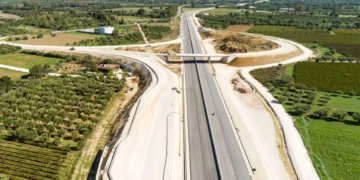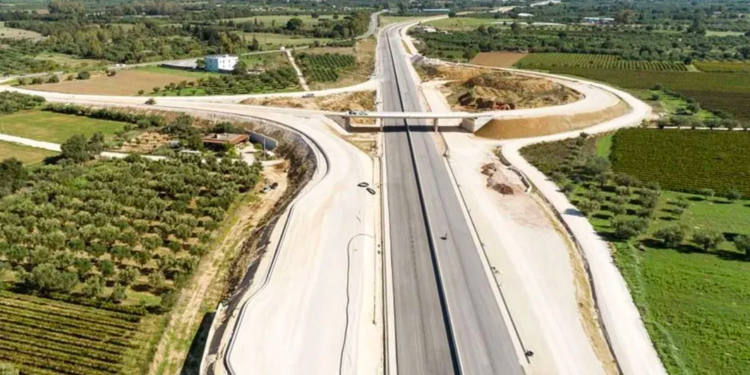On Monday, May 19, Deputy Prime Minister Kostis Hatzidakis presided over a session that focused on the EU’s new Multiannual Financial Framework for 2028-2034, along with Greece’s planning for its road, rail, energy, and telecommunications networks.
Key points discussed included:
1. The Revised EU Multiannual Financial Framework and National Development Strategy
The meeting assessed recent developments in Brussels following a European Commission announcement. Competitiveness and defense were highlighted as top priorities for the upcoming EU programming period, with particular emphasis on Cohesion and the Common Agricultural Policy as critical areas for Greece. Initial discussions included mapping Greece’s strategies and alliances in this key negotiation.
Participants agreed on the necessity for ongoing coordination among ministries regarding this crucial funding issue. The peak negotiations for the new EU budget are set to occur during Greece’s presidency in the latter half of 2027. A review of financing needs for regional projects was also initiated, with plans for a dedicated meeting on the topic.
Contributions were made by Nikos Pappathanasakis, Deputy Minister of National Economy and Finance; Thanasis Kondo-georgis, Deputy Minister to the Prime Minister; and Michalis Argyrou, head of the Prime Minister’s Economic Office.
2. Major Infrastructure Networks (Roads, Railways, Energy, and Telecommunications)
Presentations by Christos Dimas, Minister of Infrastructure and Transport; Stavros Pappastavrou, Minister of Environment and Energy; Konstantinos Kiranakis, Deputy Minister of Transport; and Konstantinos Karanatzalos, General Secretary of Telecommunications and Postal Services, indicated that progress on network planning is on track. These networks will enhance the country’s infrastructure and development potential.
According to the data presented:
- The Patras-Pyrgos highway is set for completion by the end of 2025.
- The E65 is expected to be done by May 2026.
- The Thessaloniki Flyover will be completed by May 2027.
- The North Crete Road Axis, specifically the Chania-Heraklion section, is due to commence in 2025.
- The Athens-Thessaloniki railway, following repairs from storm damage, will be ready by summer 2026.
- The significant Athens-Crete electrical connection is targeted for summer 2025.
- The Cyclades electric interconnection is projected for 2026.
Plans for electrical connections with the Dodecanese and Northern Aegean islands, as well as with neighboring countries like Cyprus, Israel, Italy, and Egypt, are also in progress. All international agreements positioning Greece as an energy hub are moving forward.
Additionally, a strategy for enhancing telecommunications networks was presented, focusing on expanding the fiber optic network to homes (FTTH). Greece, which previously lagged in this area, is now emerging as a leader in fiber optic infrastructure development.
The meeting included various officials, such as Deputy Prime Minister Kostis Hatzidakis, Minister of National Economy and Finance Kyriakos Pierrakakis, Infrastructure and Transport Minister Christos Dimas, Environment and Energy Minister Stavros Pappastavrou, and others from the government.
Ask me anything
Explore related questions

















